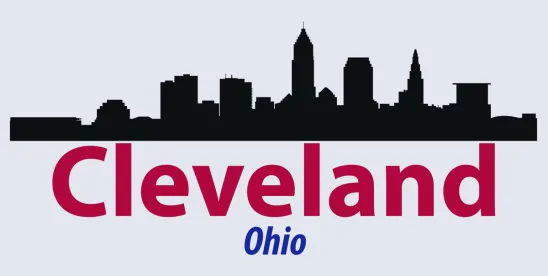Takeaways
- The new law goes into effect on 10.27.25. It requires employers to include salary ranges and scales when advertising job openings and bars them from inquiring about applicants’ compensation history.
- The law applies to private employers that employ at least 15 people within the city.
- Employers should review their practices and start preparing for the new requirements now.
Related link
Article
Employers in Cleveland will need to change their hiring practices to comply with the city’s new pay transparency and compensation history law that goes into effect on Oct. 27, 2025.
On April 30, 2025, Cleveland enacted legislation requiring employers to include salary ranges and scales when advertising job openings and barring employers from asking applicants about their compensation history, including benefits.
Ordinance No. 104-2025 covers private employers that employ at least 15 people within the city.
Prohibitions on Compensation History Inquiries
Under Ordinance No. 104-2025, covered Cleveland employers cannot:
- Inquire about an applicant’s compensation history;
- Screen an applicant based on their current or prior compensation, including requiring that an applicant satisfy minimum or maximum criteria;
- Rely solely on an applicant’s compensation history in deciding whether to offer employment or determining compensation during the hiring process; or
- Refuse to hire or otherwise retaliate against an applicant who refuses to disclose their compensation history.
Pay Transparency Requirements
Covered employers must provide the salary range or scale in any notification, advertisement, or other job posting. For employers who sponsor foreign nationals for “green cards,” this includes postings that are used in the PERM recruitment process.
Exceptions
Ordinance No. 104-2025’s requirements do not apply to:
- Reliance on compensation history authorized under federal, state, or local law;
- Internal transfers or promotions with a current employer;
- Any voluntary, unprompted disclosure of compensation history by an applicant;
- Obtaining compensation history in connection with a background check or while verifying non-compensation information, provided that the employer does not rely solely on compensation history to set the applicant’s compensation;
- Employees who are rehired by the employer, provided that the employer already has compensation history from the prior employment;
- Jobs where compensation is subject to collective bargaining; and
- Federal, state, and local government employers, except for the City of Cleveland.
Enforcement
Cleveland’s Fair Employment and Wage Board (FEWB) will enforce the ordinance.
Employers that receive a copy of a complaint from the FEWB will be granted a 90-day window to address the alleged violations. Employers may appeal any civil penalties.
Employer Takeaways
Employers covered by Ordinance No. 104-2025 should review and update their hiring practices and train their staff to ensure compliance with the new law.
The Cleveland ordinance joins a growing list of pay transparency laws that vary widely by city and state. For instance, Cincinnati’s law requires employers to provide a pay scale upon an applicant’s request only after the applicant has received a conditional job offer.






 />i
/>i
